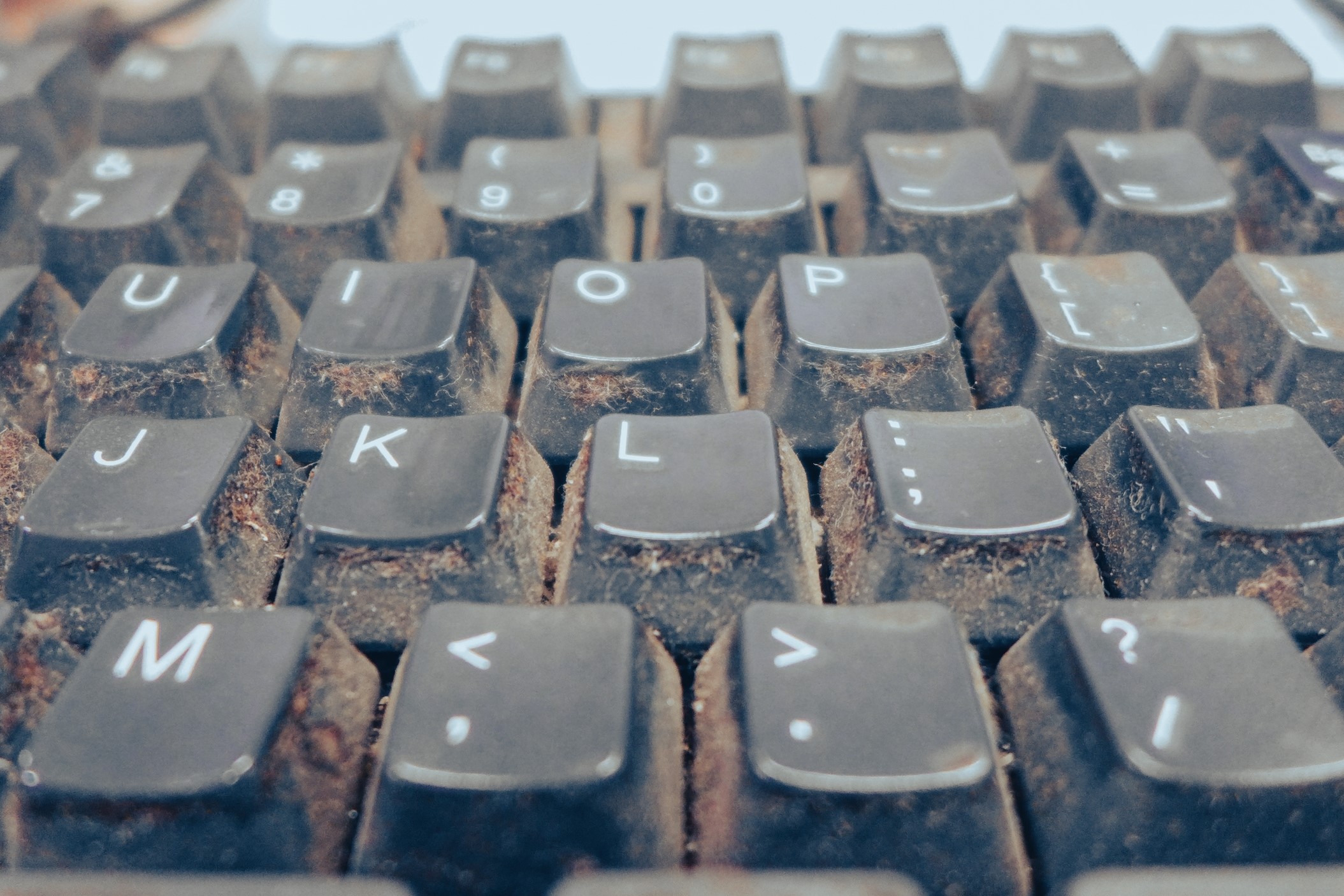Mice or keyboards, essential everyday tools, actually hide a surprising, almost disgusting reality: they can be breeding grounds for bacteria, and above all much dirtier than toilets!
In our daily – or almost – quest for cleanliness, we tend to neglect some of the most used tools in our everyday lives: our computer keyboards. A recent study compiling work from Swinburne University in Australia and Northwestern Memorial Hospital in Chicago reveals that our keyboards, mice and other smartphones are ideal playgrounds for invisible threats to our world: bacteria. Prepare to jump out of your chair and react.
Keyboards are veritable reservoirs of bacteria
While we pay great attention to the cleanliness of our kitchens and bathrooms, our desks, computers, and especially our keyboards, can often be incubators for bacteria, like smart watches. Keyboards and mice, especially shared ones, are hotspots for different bacterial strains. Even more alarming, a study from the University of Arizona reveals that our keyboards contain 400 times more bacteria than our toilet seats.
Another study conducted by a Chicago hospital highlights the persistence of potentially deadly bacteria. For example, Enterococcus faecium (which can cause many infectious diseases), which can resist vancomycin (an antibiotic). Or even Staphylococcus aureus, known as Staphylococcus aureus, “ strain of staphylococcus most frequently encountered in human and veterinary pathology » according to the Pasteur Institute, which can resist methicillin, the dedicated antibiotic, on keyboards for 24 hours.
Not surprisingly, the main source of these bacteria seems to be our hands, on and in which many types of human bacteria nest, which can lead to infections if our immune system is weakened. But all hope of fighting these bacteria is not lost.
Prevention and precautions, yes, it’s possible
Practicing simple hygiene habits, such as washing your hands before and after using a computer, can significantly reduce the risk of infection. Sharing a keyboard, especially in sensitive environments like hospitals, can potentially help transmit bacteria and pose increased risks, especially for people who are already sick. Healthcare professionals should regularly disinfect their keyboards to avoid spreading potential infections to patients.
Although not all bacteria are harmful, it is essential to adopt basic hygiene practices to minimize risks. Washing your hands regularly with soap and water is usually sufficient, while an alcohol-based hand sanitizer can be a convenient alternative. In case of heavy dirt, cleaning the keyboard thoroughly can help greatly.
Whether at home, in the office or in hospitals, increased attention to the cleanliness of our keyboards can have an impact on our health and that of those around us. Let’s not forget: simple hand washing, even if it is not enough on its own, remains the first line of defense against the spread of bacteria.
Source : NCHR

20